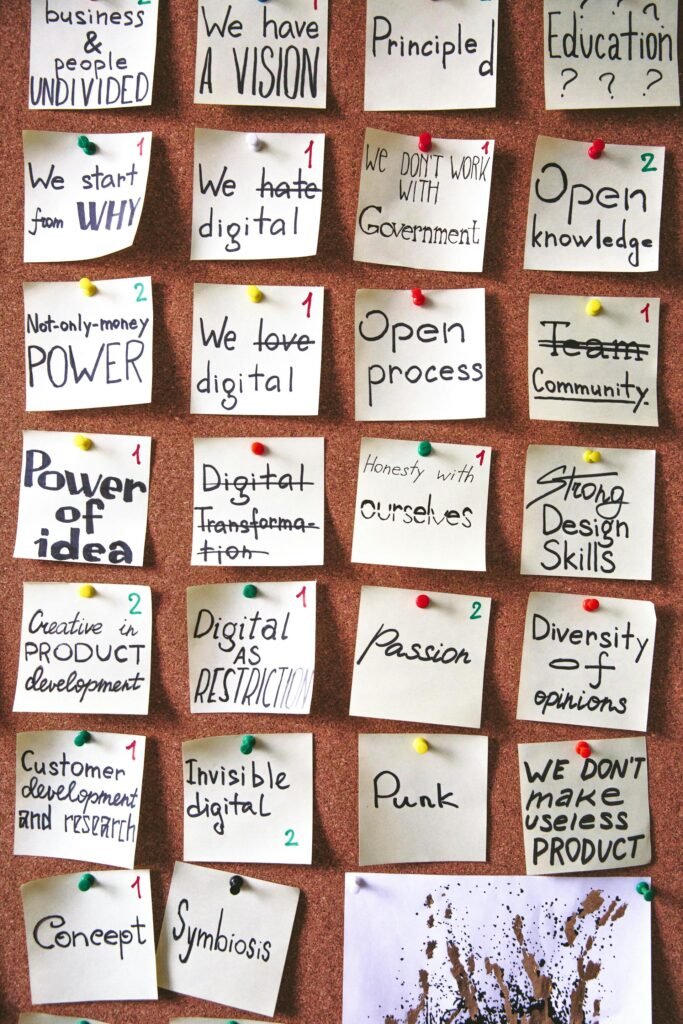“Training is everything. The peach was once a bitter almond; cauliflower is nothing but cabbage with a college education.”
— Mark Twain
“The only thing worse than training your employees and having them leave is not training them and having them stay.”
— Henry Ford
“He who learns but does not think, is lost. He who thinks but does not learn is in great danger.”
— Confucius
“Knowledge without practice is useless. Practice without knowledge is dangerous.”
— Confucius
Empowering Organizations. Transforming Impact.
Practical Training Hub is a newly established capacity-building division under Practical Trading Services, designed to meet the growing needs of humanitarian and development actors in Sudan. While the division itself is new, it is powered by a dedicated team of seasoned trainers with extensive hands-on experience in the humanitarian sector.
Our trainers bring years of professional expertise from working directly with NGOs, UN agencies, and civil society organizations, both in the field and in leadership roles. They combine deep sector knowledge with a strong track record in designing and delivering practical, results-oriented training programs.
Backed by this rich individual experience, Practical Training Hub offers tailored capacity development services to help organizations build stronger systems, improve compliance, and deliver greater impact in challenging and emergency contexts.
🎯 Our Mission & Vision
🏆 Why We're Your Ideal Training Partner

Mission: To strengthen institutional performance and emergency response capabilities by delivering evidence-based, culturally sensitive, and donor-compliant training that enhances operational effectiveness, accountability, and sustainable impact across humanitarian and development sectors.
Vision: To be the leading regional training partner recognized for excellence in humanitarian capacity building, technical assistance, and organizational development in Sudan and the broader East Africa region.
Secondary Beneficiaries:
- Local government officials
- Community leaders and volunteers
- Beneficiary communities
- Private sector partners in humanitarian response
.

👥 Target Beneficiaries
Primary Stakeholders:
- International and National NGOs
- UN Agencies and Specialized Funds
- Government Ministries and Agencies
- Civil Society Organizations (CSOs)
- Community-Based Organizations (CBOs)
- Faith-Based Organizations (FBOs)
Secondary Beneficiaries:
- Local government officials
- Community leaders and volunteers
- Beneficiary communities
- Private sector partners in humanitarian response
“Live as if you were to die tomorrow. Learn as if you were to live forever.”
— Mahatma Gandhi
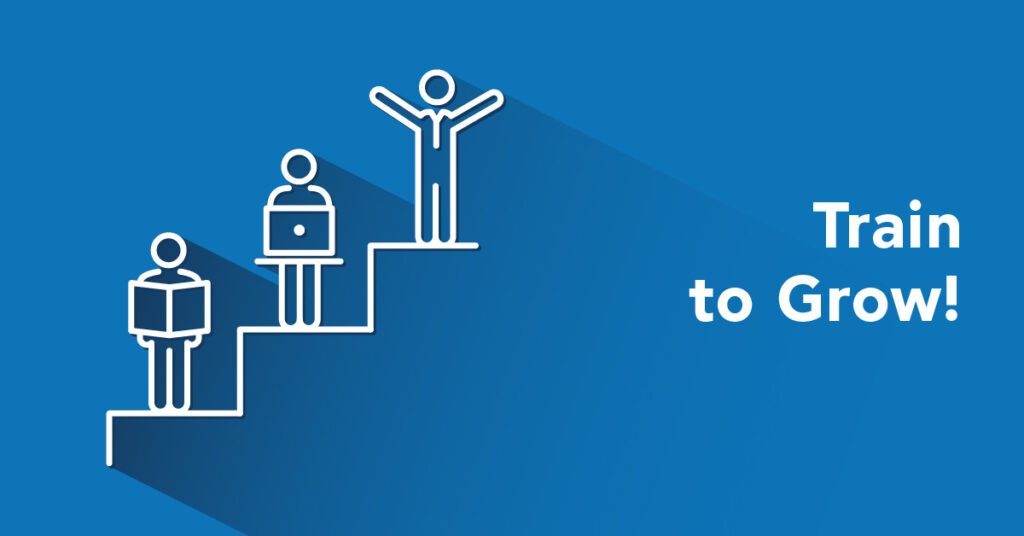
- Setting Effective Objectives and Building Self-Discipline
- Financial management and donor compliance training
- Supply chain and procurement capacity building
- Human resources development for humanitarian organizations
- Project cycle management and monitoring & evaluation
- Organizational policy development and institutional strengthening
- Complimentary advanced Excel training
- Effective Time Management for Humanitarian Professionals
- Complimentary advanced Excel training
- Organizational policy development and institutional strengthening
- Project cycle management and monitoring & evaluation
- Human resources development for humanitarian organizations
- Supply chain and procurement capacity building
- Financial management and donor compliance training
Comprehensive Training Portfolio
1.  Financial Management & Accountability
Financial Management & Accountability
2. 🚛 Supply Chain & Procurement Excellence
Building donor confidence through robust financial systems
Ensuring transparent, efficient, and compliant procurement systems

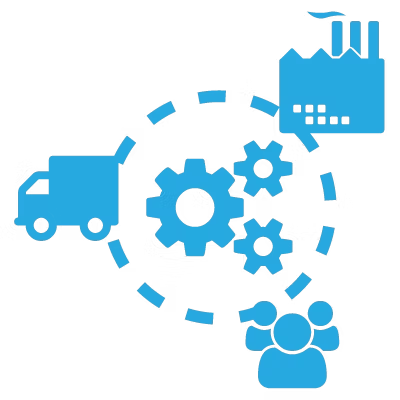
Core Modules:
- Advanced Budget Development & Management
- Multi-donor budget reconciliation
- Currency risk management
- Cost-sharing mechanisms
- Financial Compliance & Reporting
- USAID, EU, UN financial reporting standards
- Audit preparation and management
- Anti-fraud and corruption measures
- Grant Management Lifecycle
- Proposal budgeting to final reporting
- Budget variance analysis (BVA)
- Financial monitoring and early warning systems
Certification: Participants receive certificates aligned with international financial management standards.
Core Modules:
- Strategic Procurement Planning
- Market analysis and supplier assessment
- Emergency procurement procedures
- Value for money optimization
- Contract Management & Administration
- Legal compliance and risk mitigation
- Supplier performance monitoring
- Dispute resolution mechanisms
- Asset & Inventory Management
- Digital asset tracking systems
- Disposal and write-off procedures
- Insurance and risk management
Special Focus: Emergency procurement protocols for rapid humanitarian response.
3. 👥 Human Resources & People Management
4. 📊 Project Cycle Management (PCM)
Building resilient, diverse, and high-performing teams
From concept to closure: Managing projects for maximum impact

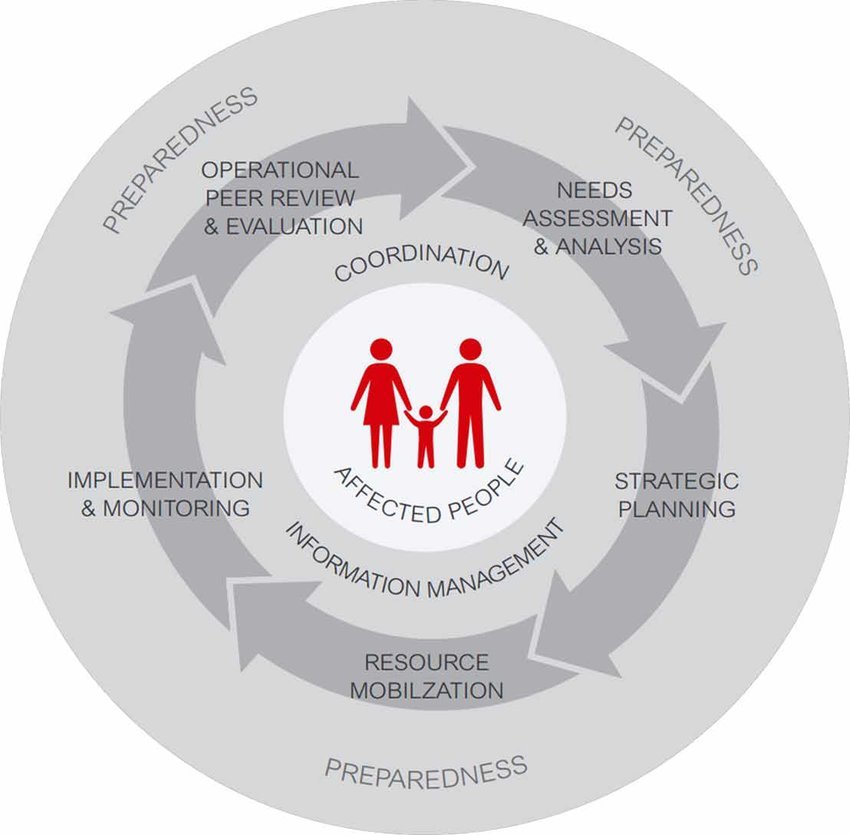
Core Modules:
- Strategic HR Planning & Management
- Workforce planning and succession management
- Performance management systems
- Employee engagement and retention strategies
- Recruitment & Selection Excellence
- Competency-based interviewing
- Diversity, equity, and inclusion practices
- Background verification and security clearance
- Compensation & Benefits Management
- Market-aligned salary structures
- Benefits administration
- Expatriate management policies
Specialized Training: Trauma-informed HR practices for humanitarian contexts.
Core Modules:
- Project Design & Proposal Development
- Results-based planning (RBP)
- Theory of Change development
- Risk assessment and mitigation planning
- Implementation & Monitoring
- Adaptive management approaches
- Real-time monitoring systems
- Data collection and analysis tools
- Evaluation & Learning
- Outcome evaluation methodologies
- Impact assessment techniques
- Knowledge management and sharing
Innovation Focus: Digital project management tools and data visualization techniques.
5. 🛡️ Governance, Risk & Compliance
6. 💧 WASH (Water, Sanitation & Hygiene) Programming
Ensuring organizational integrity and stakeholder confidence
Delivering life-saving WASH interventions with technical excellence


Core Modules:
- Policy Development & Review
- HR, Financial, Procurement policy frameworks
- PSEA (Protection from Sexual Exploitation and Abuse) implementation
- Safeguarding and child protection protocols
- Risk Management Systems
- Enterprise risk assessment
- Crisis management and business continuity planning
- Reputation and brand protection
- Accountability Mechanisms
- Complaint and feedback systems
- Transparency and reporting standards
- Stakeholder engagement frameworks
Core Modules:
- WASH Emergency Response
- Rapid needs assessment methodologies
- Emergency WASH standards and indicators
- Coordination mechanisms and cluster approach
- WASH Infrastructure & Systems
- Water supply system design and management
- Sanitation facility planning and construction
- Hygiene promotion and behavior change
- WASH in Complex Emergencies
- Conflict-sensitive WASH programming
- Urban WASH challenges and solutions
- Climate-resilient WASH systems
Technical Expertise: Our trainers include certified WASH engineers and public health specialists.
7. 🌾 Sustainable Livelihoods & Economic Recovery
8. 🔒 Safety & Security Management
Building resilient communities through economic empowerment
Protecting people and assets in high-risk environments
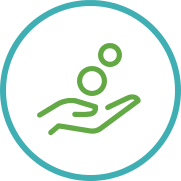

Core Modules:
- Livelihoods Assessment & Analysis
- Household economy approach (HEA)
- Market systems analysis
- Vulnerability and capacity assessments
- Program Design & Implementation
- Cash and voucher assistance (CVA)
- Microfinance and village savings programs
- Skills development and vocational training
- Market Development & Value Chains
- Agricultural value chain strengthening
- Small business development support
- Cooperative formation and management
Innovation: Integration of digital financial services and mobile money platforms.
Core Modules:
- Security Risk Assessment & Planning
- Threat analysis and risk mapping
- Security protocols and procedures
- Evacuation and contingency planning
- Field Security Operations
- Communication systems and protocols
- Incident reporting and investigation
- Stress management and psychological support
- Digital Security & Information Protection
- Cybersecurity for humanitarian organizations
- Data protection and privacy compliance
- Secure communication channels
Certification: Aligned with UNDSS (United Nations Department of Safety and Security) standards.
9. 💻 Digital Literacy & Computer Skills
10. 🏠 Community-Based Training for IDPs & Affected Populations
Empowering humanitarian professionals with essential digital competencies
Empowering displaced communities through practical capacity building and self-reliance

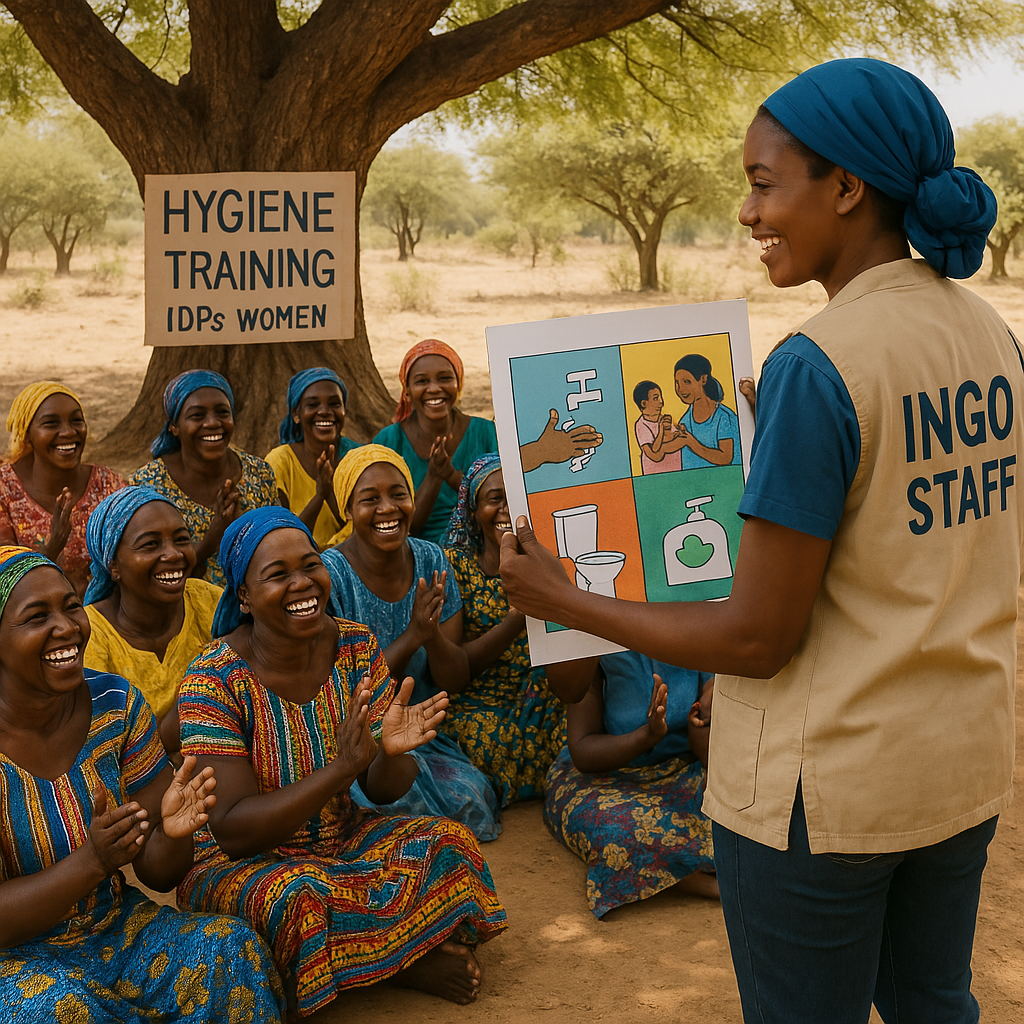
Core Modules:
- Microsoft Office Suite Mastery
- Word: Advanced document formatting, mail merge, and collaborative editing
- PowerPoint: Professional presentation design, data visualization, and multimedia integration
- Outlook: Email management, calendar coordination, and task automation
- Advanced Excel for Humanitarian Data
- Complex formulas and functions (VLOOKUP, INDEX/MATCH, SUMIFS)
- Data analysis tools (PivotTables, conditional formatting, data validation)
- Financial modeling and budget tracking systems
- Dashboard creation and automated reporting
- Database Management & Analysis
- Data cleaning and preparation techniques
- Statistical analysis for program monitoring
- Beneficiary database management
- Survey data processing and interpretation
Specialized Applications:
- Humanitarian Information Management
- KoBo Toolbox for data collection
- Power BI for interactive dashboards
- Google Workspace for collaborative projects
- Project management software (MS Project, Asana, Trello)
- Digital Communication & Collaboration
- Virtual meeting platforms and facilitation
- Cloud storage and file sharing protocols
- Digital security and data protection practices
- Remote work productivity tools
Certification Levels:
- Basic: Fundamental computer literacy and office applications
- Intermediate: Advanced Excel and data analysis capabilities
- Advanced: Custom automation, macros, and system integration
- Expert: Training of trainers and technical support specialist
Target Audience: All humanitarian staff levels, from field officers to senior management, with customized curricula based on role requirements.
Core Modules:
- WASH Training & Community Management
- Personal hygiene practices, water treatment, and sanitation facility maintenance
- Water point committee formation and community-led total sanitation facilitation
- Menstrual hygiene management and infant feeding practices in emergency settings
- Basic plumbing repairs, latrine construction, and handwashing station fabrication
- Livelihood Development & Economic Empowerment
- Emergency livelihood assessment, cash management, and financial literacy
- Agricultural production, livestock management, and improved farming techniques
- Small business development, vocational skills training, and market linkages
- Village Savings and Loan Associations formation and cooperative management
- Life Skills & Psychosocial Support
- Trauma healing, resilience building, and conflict resolution techniques
- Leadership development for community representatives and women’s committees
- Gender-based violence prevention, child protection, and safeguarding awareness
- Peace building activities and social cohesion strengthening
Specialized Applications:
- Targeted Population Programs
- Women’s empowerment: Rights education, income-generating activities, reproductive health
- Youth development: Vocational training, digital literacy, career guidance, sports programming
- Elderly and disability inclusion: Accessible livelihoods, assistive technology, adaptive techniques
- Mobile training units and peer-to-peer cascade training networks
- Community Engagement & Sustainability
- Participatory needs assessment and cultural sensitivity protocols
- Flexible program design adapted to displacement situations and local contexts
- Seasonal programming aligned with agricultural cycles and livelihood patterns
- Community center utilization and outdoor learning space management
Certification Levels:
- Basic: Fundamental hygiene practices and emergency livelihood skills
- Intermediate: Community leadership and technical WASH capabilities
- Advanced: Training of trainers and sustainable program management
- Expert: Community mobilization specialist and resilience building facilitator
Target Audience: Internally displaced persons, refugee populations, host community members, returnees, and conflict-affected communities, with customized programming based on displacement context and community needs.
Training Adaptation Features
Language & Communication
- Training delivered in local languages and dialects
- Use of visual aids and practical demonstrations
- Culturally appropriate training materials and methods
- Integration of traditional knowledge and practices
- Multilingual training teams and interpreters
Contextual Customization
- Urban vs. rural displacement contexts
- Camp-based vs. host community integration
- Protracted vs. acute displacement situations
- Seasonal and climate considerations
- Security and access constraints adaptation
Monitoring & Evaluation
- Participatory evaluation methods with communities
- Skills demonstration and practical assessments
- Long-term impact tracking and follow-up
- Community feedback and program improvement
- Success story documentation and learning
Partnership Approach:
- Collaboration with community leaders and traditional authorities
- Coordination with camp management and local government
- Integration with existing humanitarian programming
- Referral systems to specialized services
- Linkages to formal education and certification pathways
Quality Standards:
- Do No Harm principles and conflict sensitivity
- Cultural competency and respectful engagement
- Gender equality and social inclusion mainstreaming
- Child protection and safeguarding protocols
- Environmental sustainability and climate adaptation
Sustainability Mechanisms:
- Training of community trainers and leaders
- Establishment of community learning centers
- Creation of peer support networks
- Integration with local development planning
- Linkages to microfinance and market systems
“Every community has inherent strengths and capacities. Our role is to unlock, enhance, and connect these assets to create pathways for resilience and self-reliance.”
📞 Contact & Engagement
Training Inquiries: training@practicaltr.com
Direct Lines: WhatsApp/Mobile: +249912335133 Mobile +249 912 161 583 International: +966 572 687 659
Business Hours: Sunday – Thursday, 8:00 AM – 6:00 PM (Sudan Time)
